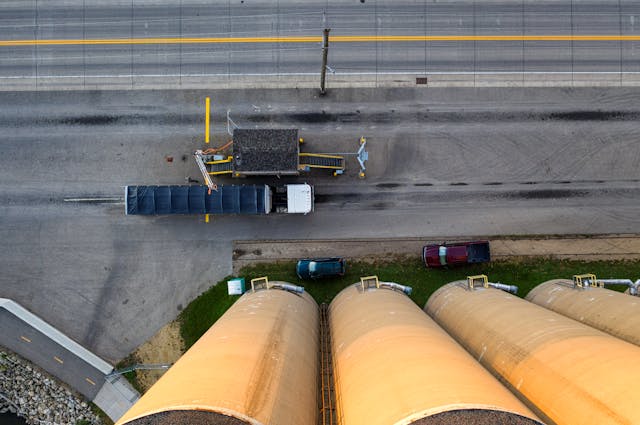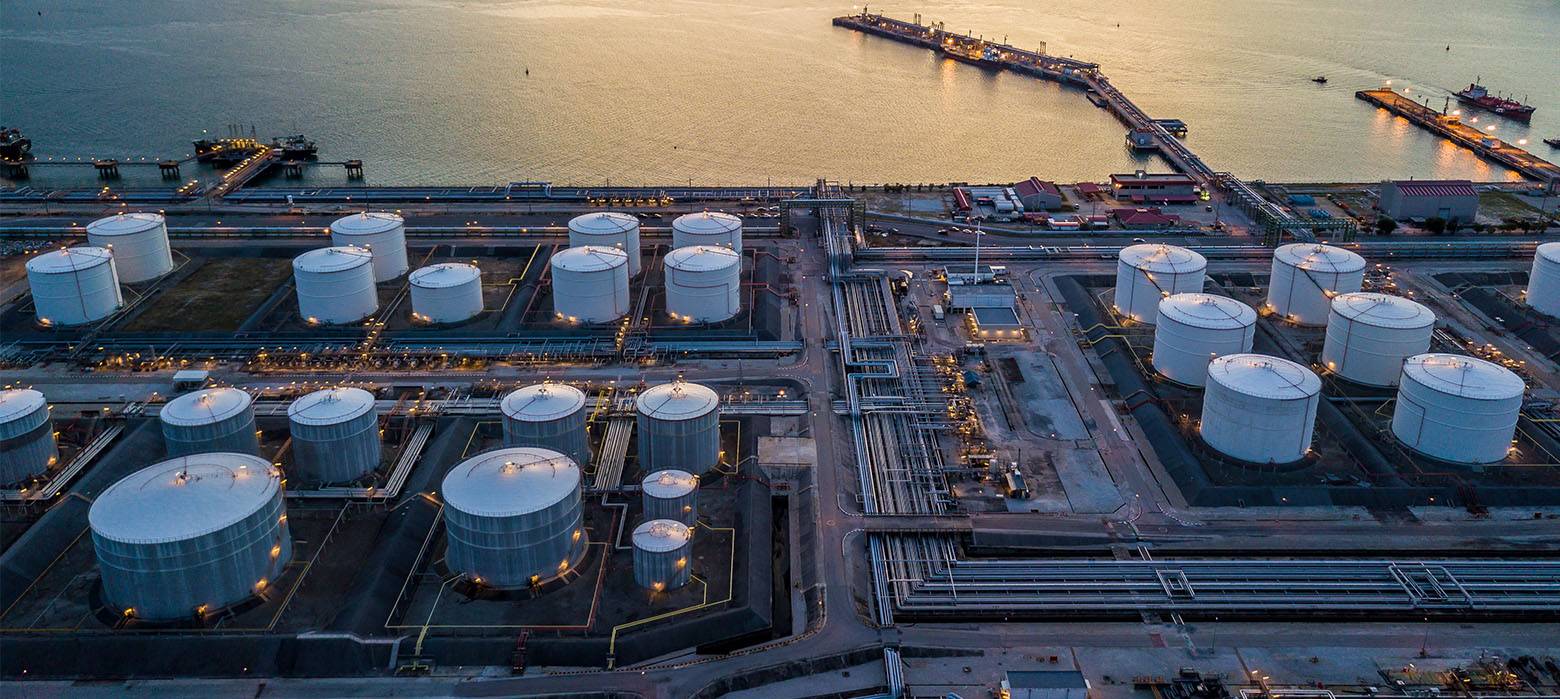
- admin
- May 20, 2024
Storage Tank Materials: Unveiling it’s Strengths and Weaknesses
Choosing the Storage Tank material for your tank greatly affects its performance and maintenance. Stainless steel, fiberglass, concrete, and plastic are common choices, each with its pros and cons. This blog breaks down these factors Storage Tank Materials. As a result helping you take decision based on your needs.
Contents
hide
Stainless Steel for Storage Tank Materials
Pros:
- Durability: Stainless steel is highly durable and resistant to corrosion. This makes it ideal for storing a wide range of substances, including water, chemicals, and food products.
- Strength: It can withstand high pressures and extreme temperatures, for this reason it is essential for certain industrial applications.
- Hygiene: Stainless steel is easy to clean hence does not support the growth of bacteria, making it suitable for potable water and food storage.
Cons:
- Cost: Stainless steel tanks are generally more expensive to manufacture and install compared to other materials.
- Weight: These tanks are heavier, which can increase transportation and installation costs.
Best Use Cases:
- Food and beverage industry
- Chemical storage
- Water treatment plants
Fiberglass
Pros:
- Corrosion Resistance: Fiberglass is highly resistant to corrosion and can handle a variety of chemicals without degrading.
- Lightweight: Fiberglass tanks are lighter than metal tanks, which makes them easier to transport and install.
- Insulation Properties: They provide good thermal insulation, which can be beneficial in certain applications.
Cons:
- Structural Integrity: While strong, fiberglass tanks can be susceptible to damage from impact or rough handling.
- Cost: These tanks can be more expensive than plastic but less so than stainless steel.
Best Use Cases:
- Chemical processing and storage
- Underground storage
- Wastewater treatment
Concrete for Storage Tank Materials
Pros:
- Durability: Concrete tanks have a long lifespan and are highly durable, especially when reinforced with steel.
- Large Capacity: They are ideal for large-scale storage needs due to their ability to be constructed in massive sizes.
- Cost-effective: For large installations, concrete can be a cost-effective material.
Cons
- Installation Time: Building a concrete tank takes longer compared to prefabricated tanks made from other materials.
- Maintenance: Concrete can crack over time and may require more maintenance to ensure it remains watertight.
Best Use Cases:
- Large-scale water storage
- Industrial applications
- Agricultural irrigation systems
Plastic (Polyethylene)
Pros:
- Affordability: Plastic tanks are generally the most cost-effective option, making them suitable for a wide range of budgets.
- Lightweight: They are easy to handle and install due to their lightweight nature.
- Corrosion Resistance: Plastic is resistant to a variety of chemicals and does not corrode.
Cons:
- Temperature Sensitivity: Plastic tanks can become brittle in extremely cold temperatures and may deform in high heat.
- Limited Lifespan: Compared to materials like stainless steel and concrete, plastic has a shorter lifespan .It need to be replaced more frequently.
Best Use Cases:
- Residential water storage
- Agricultural applications
- Temporary storage solutions
Making the Right Choice
When choosing the material for your storage tank, consider the following factors:
- Substance Stored: The chemical properties of the stored substance can dictate the best material to prevent contamination and corrosion.
- Environmental Conditions: Consider the external environment, including temperature fluctuations and exposure to corrosive elements.
- Budget: Initial costs, as well as long-term maintenance expenses, should be factored into your decision.
- Installation and Maintenance: The ease of installation and required maintenance over the tank’s lifespan are crucial considerations.
Each material has its unique strengths and weaknesses. By understanding these, hence you can choose the most suitable storage tank material. This aligns with your specific needs and operational requirements. For more detailed information or to discuss your specific storage tank needs. Feel free to contact us at GSC Tanks.
Category
- Above Ground Fuel Tanks
- Above Ground Gas Storage Tank
- Above Ground Storage Tanks
- Above Ground Water Storage Tanks
- Agricultural Tanks
- Chemical storage Tanks
- Diesel Fuel Storage Tanks
- Diesel Storage Tanks
- Exernal FloatingRoof Tanks
- Farm Water Tank
- Fiberglass Oil Tanks
- Fiberglass Septic Tanks
- Fiberglass Tanks
- Fiberglass Underground Fuel Storage Tanks
- Field Erected Tanks
- Floating Roof Tank
- Food and Beverage Tanks
- Fuel tank
- Industrial Chemical Storage Tanks
- Industrial Gas Tanks
- Industrial Plastic Tanks
- Industrial Storage Tanks
- Industrial Tank heating pads
- industrial tanks
- Natural gas
- Natural gas vs Propane
- oil storage tank
- Oil Storage Tanks
- Peracitic Acid
- Petroleum Tanks
- Residential gasoline storage tanks
- Residential Water Storage Tanks
- Sodium Hydroxide Storage Requirements
- Sodium Hypochlorite Storage Tanks
- Steel Storage Tanks
- storage tank failure prevention
- Storage Tanks
- Sulfuric Acid Tanks
- Uncategorized
- UnderGround Storage Tanks
- Waste water tank
- Water Storage Tanks

 Tank Size Calculator
Tank Size Calculator






